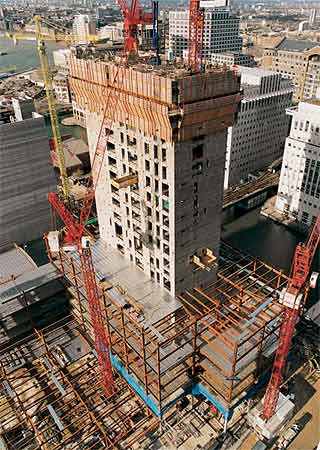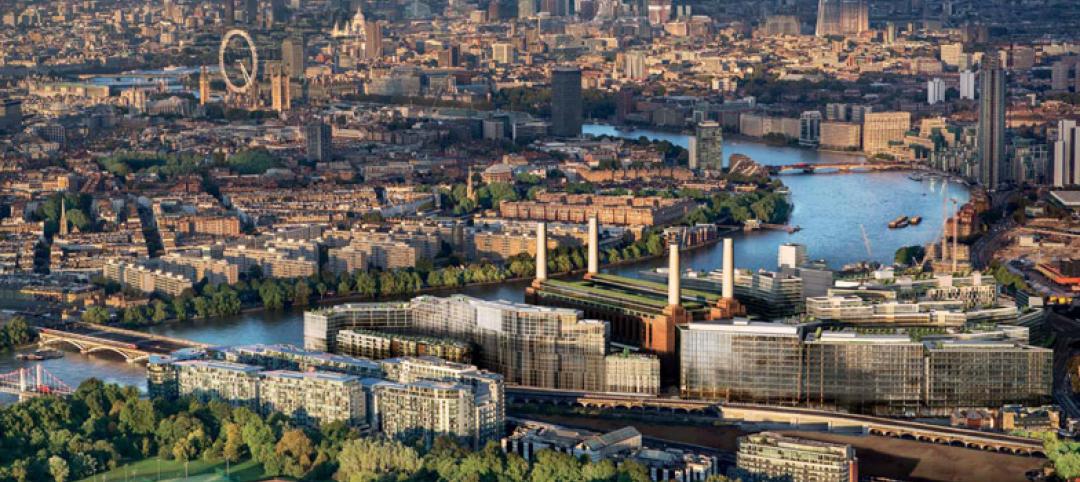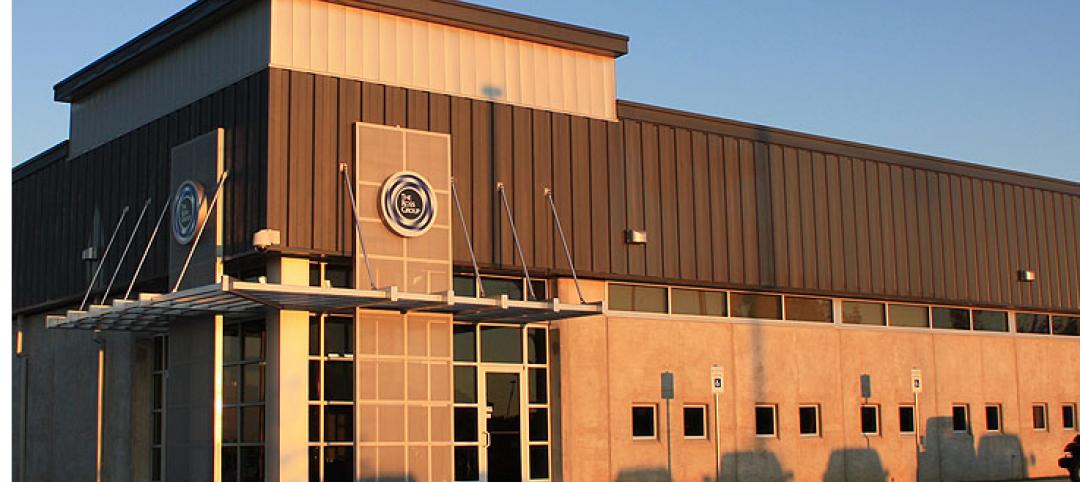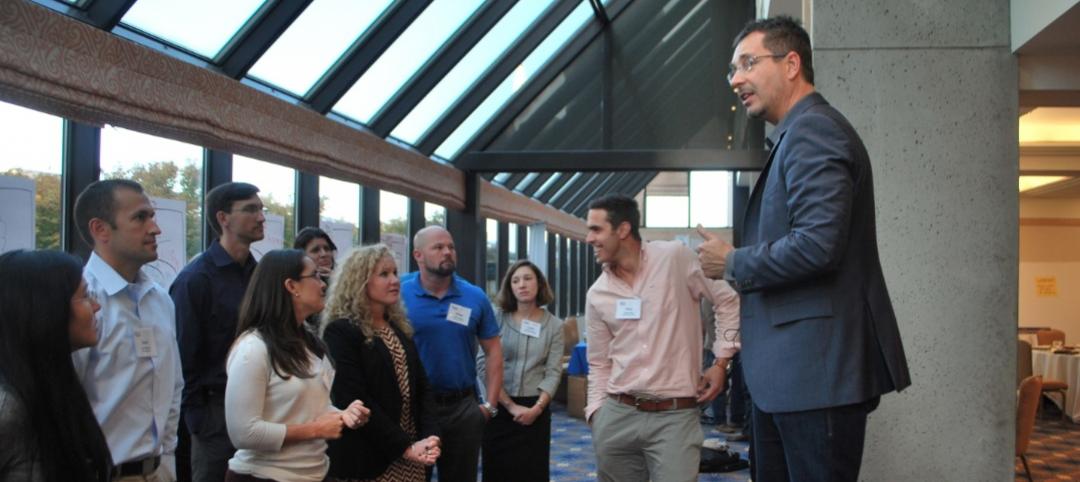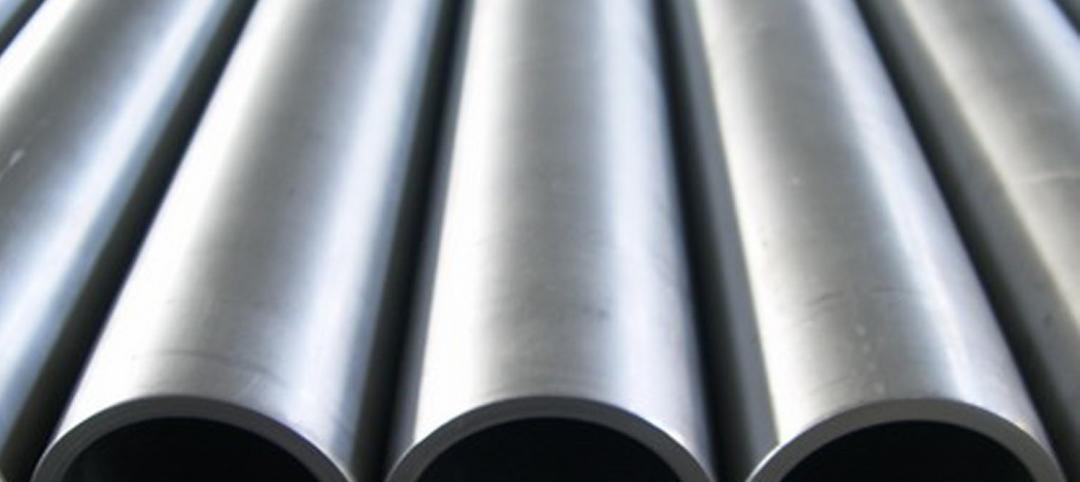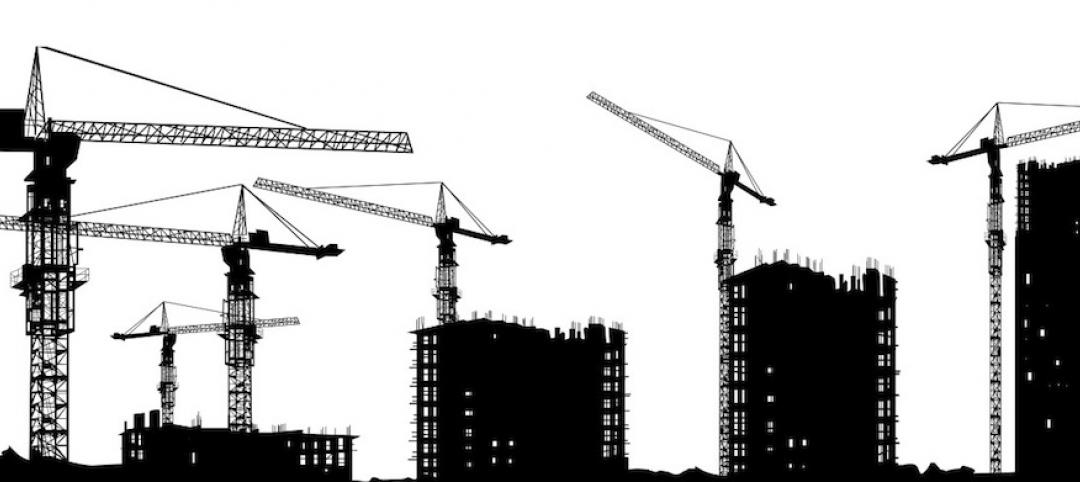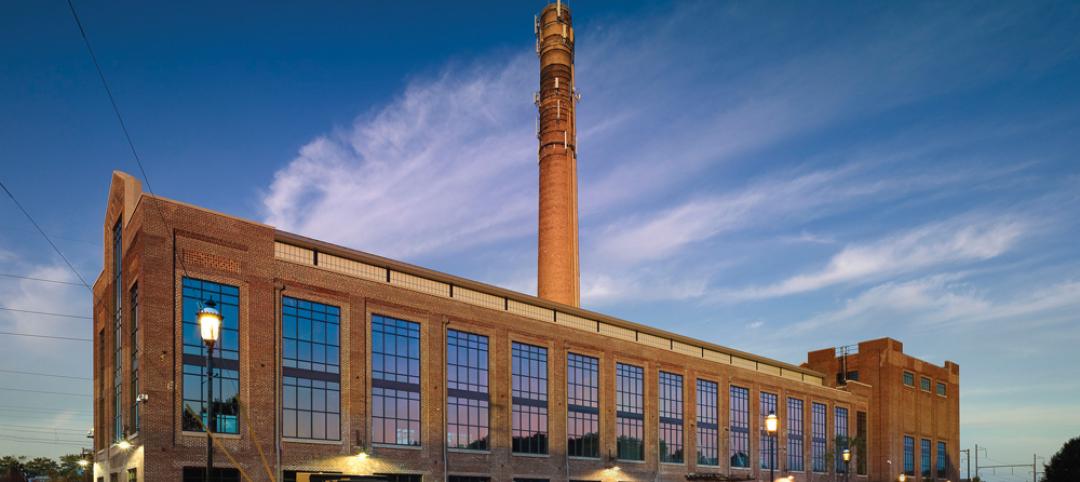More than two in three U.S. engineering firm leaders (68%) say the current business climate is better than last year at this time; and three in five (60.5%) say their backlogs are larger now compared to last year, according to results from the American Council of Engineering Companies’ new quarterly Engineering Business Index (EBI).
The EBI, representing responses of 340 engineering firm chairmen, CEOs and presidents had a composite score of 68.9 in the second quarter—a slight increase from 67.4 in the first quarter. The EBI is a diffusion index, consolidating answers to a series of questions about market and firm performance into a single number. Any number over 50 indicates expansion.
Results show that engineering firm leaders are more optimistic about prospects in private sector markets than those in the public sector. At least half believe that opportunities in buildings/commercial (53.3%), land development/surveying (54%), and industrial/manufacturing (50%) will improve over the next 12 months.
Expectations for major public sector markets were markedly lower. Only 41.5% of respondents anticipate improvement in the transportation sector, and only 40.9% believe opportunities in the water/wastewater sector will grow over the next 12 months.
“After years of a stagnant economy, engineers are beginning to see evidence of an improved business climate,” said ACEC President and CEO David A. Raymond. “Uncertainty regarding government funding is obviously dampening expectations for public sector markets.”
For a complete summary of the Summer 2014 EBI survey, go to: www.acec.org
Related Stories
| Oct 25, 2013
Hoffmann Architects announces launch of U.S. Capitol Dome restoration
The Architect of the Capitol will undertake comprehensive restoration of the 150-year-old cast iron Dome, which has not undergone a complete restoration since 1959-1960.
| Oct 23, 2013
Gehry, Foster join Battersea Power Station redevelopment
Norman Foster and Frank Gehry have been selected to design a retail section within the £8 billion redevelopment of Battersea Power Station in London.
| Oct 23, 2013
Some lesser-known benefits of metal buildings
While the durability of metal as a construction material is widely recognized, some of its other advantages are less commonly acknowledged and appreciated.
| Oct 18, 2013
Meet the winners of BD+C's $5,000 Vision U40 Competition
Fifteen teams competed last week in the first annual Vision U40 Competition at BD+C's Under 40 Leadership Summit in San Francisco. Here are the five winning teams, including the $3,000 grand prize honorees.
| Oct 18, 2013
A picture’s worth a thousand words… if you can find it
Photographs are becoming more essential to project communication and documentation. Recently, I sat in a local airport integration project meeting in which the owner outlined their expectation for construction documentation. One of the first requirements was to provide photographs throughout the building process.
| Oct 18, 2013
Researchers discover tension-fusing properties of metal
When a group of MIT researchers recently discovered that stress can cause metal alloy to fuse rather than break apart, they assumed it must be a mistake. It wasn't. The surprising finding could lead to self-healing materials that repair early damage before it has a chance to spread.
| Oct 16, 2013
5 secrets of successful entrepreneurs
If you’re on the outside looking in, successful entrepreneurship may seem mysterious. But it isn’t. Here are five patterns of behavior that are common to successful entrepreneurs.
| Oct 15, 2013
High-rise Art Deco courthouse gets a makeover in Amarillo, Texas
Recognized as one of the most significant Art Deco courthouses in Texas, the Potter County Courthouse is modernized and restored to its 1930s aesthetic.
| Oct 10, 2013
Behind the scenes at the U40 Summit: See the $5,000 U40 Vision competition in progress [slideshow]
Sixty-five up-and-coming AEC leaders are battling for $5,000 in prizes today at BD+C's Under 40 Leadership Summit in San Francisco.
| Oct 9, 2013
From power plant to office: Ambler Boiler House conversion
The shell of a 19th-century industrial plant is converted into three levels of modern office space.


